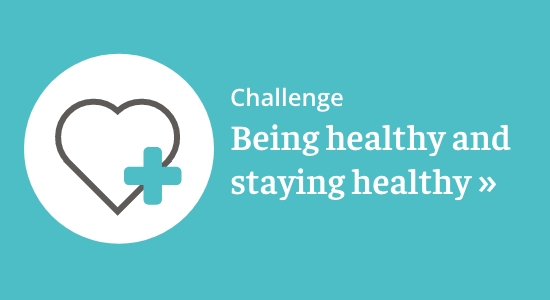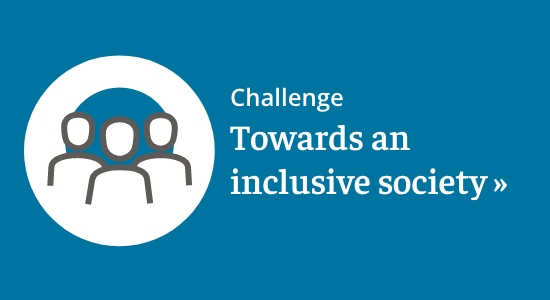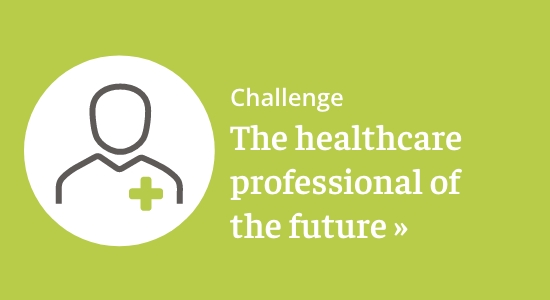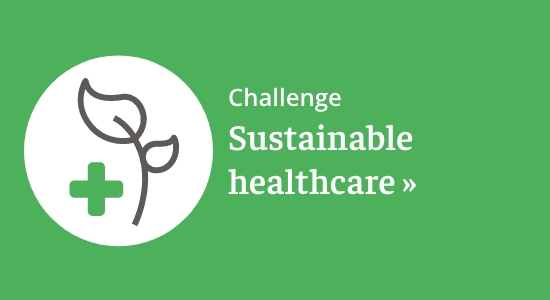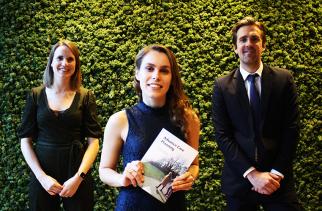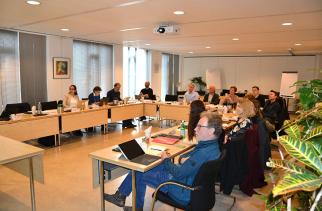Our experts help to improve healthcare and social services through high-quality research, data analysis, knowledge development and advice.
 What does Nivel do?
What does Nivel do?
Major health disparities exist in the Netherlands. Some groups of people also have more difficulty participating in society. Nivel studies these inequalities, focusing above all on problems that people in vulnerable groups encounter when trying to navigate the healthcare system and society. To enjoy equal opportunities (equality), some people need extra guidance or support (equity). Nivel uses participatory research, co-creation and innovative tools to help patients, clients, the public and policymakers promote inclusion in the healthcare sector.
 What questions about an inclusive society can Nivel help you with?
What questions about an inclusive society can Nivel help you with?
Nivel monitors vulnerable groups, such as chronically ill and disabled people, and analyses their experiences of healthcare and participation. We use panels and digital tools to highlight problem areas and potential improvements. The Centre of Excellence on ‘Social vulnerability and inclusion in research’ supports researchers and policymakers by providing knowledge and training on inclusive research.
Stakeholders come to us with various questions about data and research methods, including:
- What are patients, clients and members of the public happy with in the healthcare sector?
- What do they think could be improved?
- How can we improve healthcare for people in a socially vulnerable position?
- How many people in the Netherlands have limited health skills?
- What are patients, clients and members of the public concerned about? How can they be offered better support?
- To what extent do the Dutch public have faith in the healthcare system? And in their care provider?
- How can people in a socially vulnerable position be more effectively involved in research?
- How can Nivel help policymakers and healthcare professionals with the inclusion of vulnerable patients, clients and members of the public?
- What are good forms of patient participation and co-creation?
- To what extent are questionnaires available in other languages, making it possible to reach a larger group of people?
 Take a look at our research content concerning the challenge
Take a look at our research content concerning the challenge
The relevant research information and results on these three subjects, you will find in at the sections Publications, Projects, News, etc. on this webpage.


 What does Nivel do?
What does Nivel do? What questions about an inclusive society can Nivel help you with?
What questions about an inclusive society can Nivel help you with?